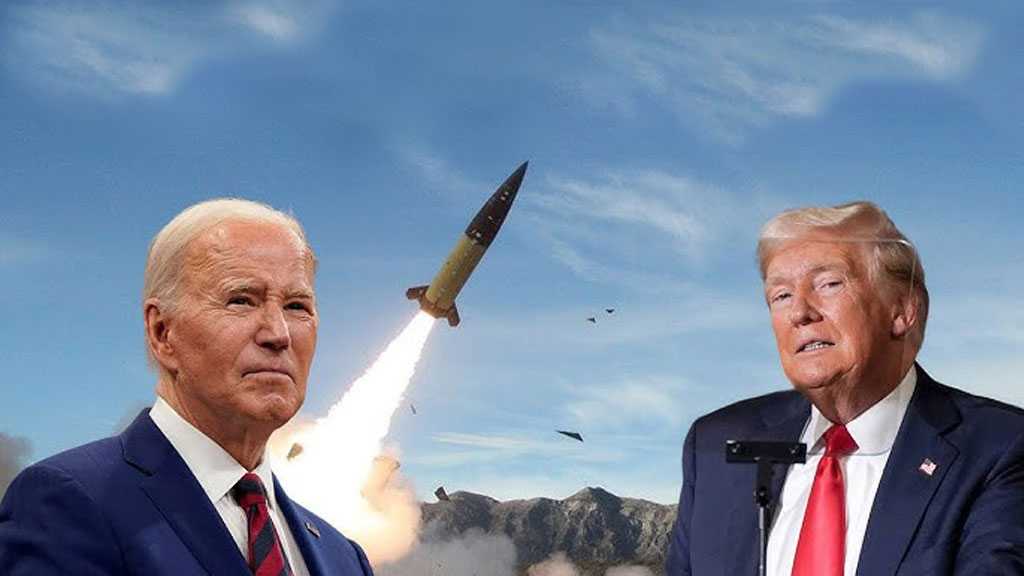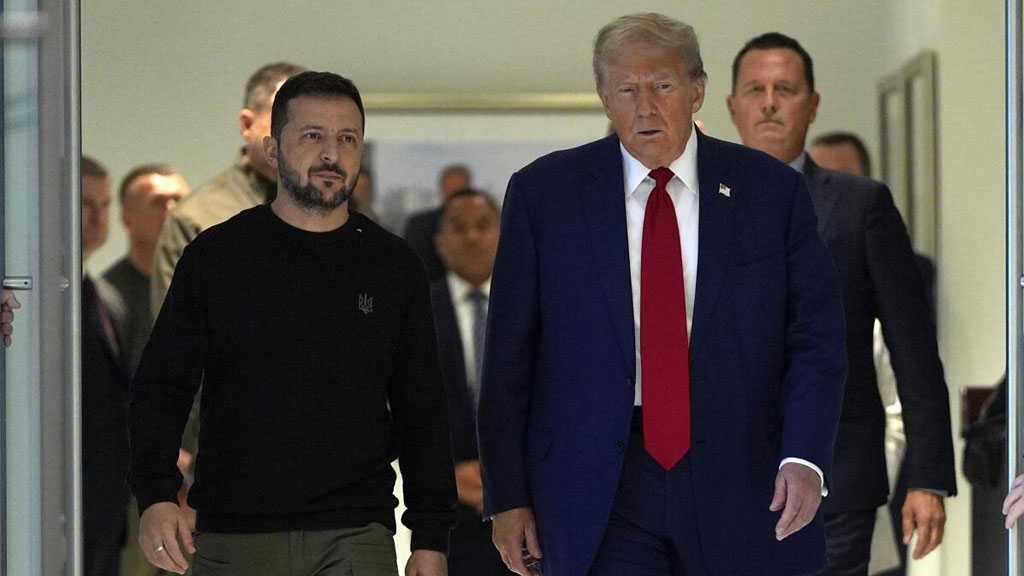Another big US bank collapsed while Congress row blocks rescue deal

Source: AFP, 26-9-2008
Global stock prices crumbled Friday and investor anxiety mounted as another big US bank collapsed and political wrangling blocked a deal to save the beleaguered US financial sector.
With talks on a $700 billion rescue package at an impasse in Congress, President George W. Bush issued another plea to fractious lawmakers to come together and approve a plan that would restore confidence and calm frazzled markets.
"We've got a big problem ... we need a rescue plan," Bush said in televised remarks minutes after Wall Street shares plummeted in line with Asia and Europe and as central banks again injected tens of billions of dollars to avert seizure on inter-bank lending markets.
After a rescue for American savings giant Washington Mutual by JP Morgan Chase in the biggest-ever US banking failure, shock waves hit European financial markets.
Belgian-Dutch financial group Fortis struggled to dispel liquidity concerns hammering its shares, insisting there was "not a single chance" of failure. The bank announced an emergency asset sale to raise 5.0-10 billion euros (up to $14 billion).
Fortis closed with a loss of nearly 21 percent at 5.18 euros, its lowest reading in 15 years.
Wall Street shares lost ground Friday, with the Dow Jones Industrial Average down 0.71 percent at 10,943.77 at mid-day. The tech-heavy Nasdaq shed 1.63 percent to reach 2,150.93.
"The markets had known that Washington Mutual was not financially sound, but they were holding out hope that the government would act [on a rescue plan] before regulators had to step in," said Nathan Topper at Economy.com.
"If factions in Congress and the Bush administration do not agree today on a bank rescue package, markets could sell off further," he added.
European exchanges also took a pounding on Friday. The London FTSE 100 index fell 2.09 percent to close at 5,088.47 points while in Paris the CAC 40 lost 1.50 percent to finish at 4,163.38.
The Frankfurt Dax gave up 1.77 percent to finish at 6,063.50. Asian exchanges earlier in the day also closed in negative territory, with Tokyo shedding 0.94 percent and Hong Kong 1.3 percent.
"Confidence is swinging like a seesaw at the moment," said Joshua Raymond, a market strategist at City Index. "We can ill afford to drag this out longer than the weekend. It's increasingly looking like the bailout plan lacks the substance to get it through Congress, which would be devastating to markets."
Leading Democrats on Friday charged that Republicans were holding up a rescue deal on the rattled financial sector by brandishing an "ambush plan" of their own at the last minute.
"This financial version of 'Deal Or No Deal' is not conducive to restoring badly-needed confidence," said Martin Slaney, head of derivatives at spread betting firm GFT in London.
"If anything, reports of an alternative plan have added to the uncertainty," he added.
"Timing is the key issue here. If a deal hasn't been signed and sealed over the weekend, expect massive market turmoil. Monday will be a bloodbath," Slaney said.
Amid the financial meltdown, Republican presidential hopeful John McCain was accused by angry Democrats of sabotaging a deal on the financial bailout to postpone the first presidential candidate debate and reverse his slide in the polls, as the November 4 election draws near.
Following reports of the congressional deadlock, French President Nicolas Sarkozy called President Bush to discuss the crisis.
The two agreed to launch a global dialogue on the meltdown once Congress had acted.
"I am convinced that the sickness runs deep and that we need to rethink the entire financial and monetary system, as we did in Bretton Woods after World War II, to create the tools for worldwide regulation made necessary by the globalization of trade," Sarkozy said.
Global markets have been sent into a tailspin since the collapse last week of Wall Street investment giant Lehman Brothers and the US government's rescue of the insurance giant AIG.
The volatile financial environment has also led to global banking giant HSBC cutting 1,100 staff worldwide.
Meanwhile it emerged Friday that Nomura Holdings would pay a token $2 for the Europe and Middle East operations of Lehman Brothers.
The top Japanese broker would acquire only Lehman's employees in the regions, and not its stocks, bonds or other assets, the Nikkei business daily reported.
Global stock prices crumbled Friday and investor anxiety mounted as another big US bank collapsed and political wrangling blocked a deal to save the beleaguered US financial sector.
With talks on a $700 billion rescue package at an impasse in Congress, President George W. Bush issued another plea to fractious lawmakers to come together and approve a plan that would restore confidence and calm frazzled markets.
"We've got a big problem ... we need a rescue plan," Bush said in televised remarks minutes after Wall Street shares plummeted in line with Asia and Europe and as central banks again injected tens of billions of dollars to avert seizure on inter-bank lending markets.
After a rescue for American savings giant Washington Mutual by JP Morgan Chase in the biggest-ever US banking failure, shock waves hit European financial markets.
Belgian-Dutch financial group Fortis struggled to dispel liquidity concerns hammering its shares, insisting there was "not a single chance" of failure. The bank announced an emergency asset sale to raise 5.0-10 billion euros (up to $14 billion).
Fortis closed with a loss of nearly 21 percent at 5.18 euros, its lowest reading in 15 years.
Wall Street shares lost ground Friday, with the Dow Jones Industrial Average down 0.71 percent at 10,943.77 at mid-day. The tech-heavy Nasdaq shed 1.63 percent to reach 2,150.93.
"The markets had known that Washington Mutual was not financially sound, but they were holding out hope that the government would act [on a rescue plan] before regulators had to step in," said Nathan Topper at Economy.com.
"If factions in Congress and the Bush administration do not agree today on a bank rescue package, markets could sell off further," he added.
European exchanges also took a pounding on Friday. The London FTSE 100 index fell 2.09 percent to close at 5,088.47 points while in Paris the CAC 40 lost 1.50 percent to finish at 4,163.38.
The Frankfurt Dax gave up 1.77 percent to finish at 6,063.50. Asian exchanges earlier in the day also closed in negative territory, with Tokyo shedding 0.94 percent and Hong Kong 1.3 percent.
"Confidence is swinging like a seesaw at the moment," said Joshua Raymond, a market strategist at City Index. "We can ill afford to drag this out longer than the weekend. It's increasingly looking like the bailout plan lacks the substance to get it through Congress, which would be devastating to markets."
Leading Democrats on Friday charged that Republicans were holding up a rescue deal on the rattled financial sector by brandishing an "ambush plan" of their own at the last minute.
"This financial version of 'Deal Or No Deal' is not conducive to restoring badly-needed confidence," said Martin Slaney, head of derivatives at spread betting firm GFT in London.
"If anything, reports of an alternative plan have added to the uncertainty," he added.
"Timing is the key issue here. If a deal hasn't been signed and sealed over the weekend, expect massive market turmoil. Monday will be a bloodbath," Slaney said.
Amid the financial meltdown, Republican presidential hopeful John McCain was accused by angry Democrats of sabotaging a deal on the financial bailout to postpone the first presidential candidate debate and reverse his slide in the polls, as the November 4 election draws near.
Following reports of the congressional deadlock, French President Nicolas Sarkozy called President Bush to discuss the crisis.
The two agreed to launch a global dialogue on the meltdown once Congress had acted.
"I am convinced that the sickness runs deep and that we need to rethink the entire financial and monetary system, as we did in Bretton Woods after World War II, to create the tools for worldwide regulation made necessary by the globalization of trade," Sarkozy said.
Global markets have been sent into a tailspin since the collapse last week of Wall Street investment giant Lehman Brothers and the US government's rescue of the insurance giant AIG.
The volatile financial environment has also led to global banking giant HSBC cutting 1,100 staff worldwide.
Meanwhile it emerged Friday that Nomura Holdings would pay a token $2 for the Europe and Middle East operations of Lehman Brothers.
The top Japanese broker would acquire only Lehman's employees in the regions, and not its stocks, bonds or other assets, the Nikkei business daily reported.




